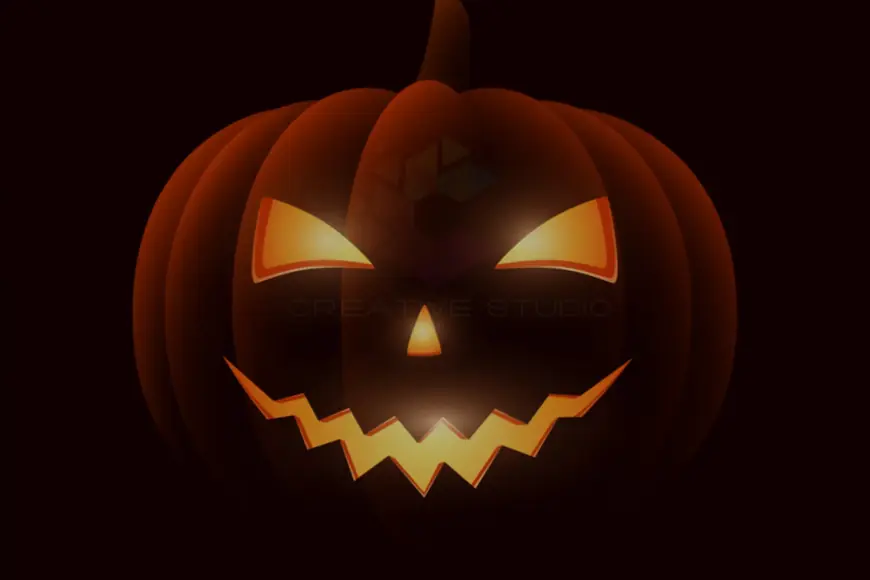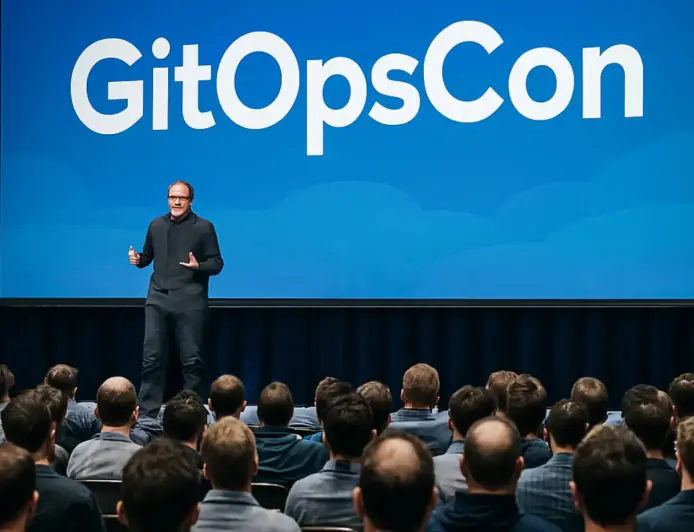Halloween and the Commercialization and Christianization of False Doctrines
Halloween has become a multi-billion-dollar industry fueled by fear, fantasy, and consumerism. But should Christians be celebrating it? Let’s dive in and reflect.

Halloween and the Commercialization and Christianization of False Doctrines
By: FaithLine – A Church-less Space on Dfecho
As October approaches, the world prepares for the celebration of Halloween, cloaked in costumes, candy, and eerie delight. However, its pagan origins and associations with the occult make some believers uncomfortable participating, especially for those who believe in following Christ alone.
At FaithLine, we’re not here to shame or scold. We’re here to ask hard questions, share truth, and encourage a genuine parent-child relationship with God. So let’s pause and rethink Halloween—its origins, its occult associations, and how it has been commercialized and Christianized into something far removed from biblical truth.
What is Halloween, and when is Halloween celebrated?
Halloween is celebrated on October 31 and traces back to the Celtic festival of Samhain, a time when people believed the boundary between the living and the dead was thin, allowing spirits to roam the earth. To ward off these spirits, Celts wore costumes and lit bonfires.
In the 8th century, the Christian church attempted to reframe the holiday by establishing All Saints’ Day on November 1, with All Hallows’ Eve (October 31) preceding it—eventually becoming Halloween.
Today, Halloween is widely celebrated in Western countries with costumes, trick-or-treating, haunted houses, and parties, often with little connection to its spiritual or historical roots
The Origins of Halloween
Halloween began as Samhain, an ancient Celtic festival marking the end of harvest and the start of winter. The Celts believed that on this night, the veil between the living and the dead was thin, allowing spirits to roam freely. To protect themselves, people lit bonfires, wore costumes, and offered food to wandering souls.
When Christianity spread through Europe, the Church attempted to reframe this pagan celebration by establishing All Saints’ Day on November 1, with All Hallows’ Eve on October 31. But many of the original customs persisted, blending spiritual confusion with cultural tradition.
This rebranding didn’t sanctify the holiday—it simply layered Christian terminology over pagan practices. Today, Halloween still echoes its roots in fear, death, and spiritual deception.
Occult Associations: Spiritual Confusion in Disguise
Samhain wasn’t just seasonal—it was spiritual. It involved divination, necromancy, and rituals to communicate with the dead. These practices are clearly condemned in Scripture:
“Let no one be found among you who… practices divination or sorcery, interprets omens, engages in witchcraft… or who consults the dead.”
— Deuteronomy 18:10–11
Modern Halloween retains these themes. Witches, ghosts, demons, and death are glorified in costumes, movies, and media. Even seemingly innocent traditions like horror films or fortune-telling games can desensitize us to spiritual realities and open doors to deception.
Commercialization and Christianization: A Cultural Hijack
Halloween has become a multi-billion-dollar industry, driven by fear, fantasy, and consumerism. It trivializes spiritual warfare and turns sacred themes into entertainment. Children dress as devils, adults revel in darkness, and society profits from confusion.
Even more concerning is the Christianization of Halloween—where churches host “harmless” alternatives that still echo the original themes. Dressing up, decorating, and celebrating under the banner of “light” doesn’t erase the spiritual confusion. It often masks it.
This isn’t just about costumes and candy—it’s about what we’re celebrating. Are we glorifying fear, death, and deception? Or are we standing firm in truth, light, and holiness?
A Biblical Response: Standing in the Light
As followers of Christ, we’re called to be set apart:
“Do not conform to the pattern of this world, but be transformed by the renewing of your mind.”
— Romans 12:2
We don’t need costumes to protect us. We have the Blood of Jesus. We don’t need bonfires to ward off spirits. We have the armor of God (Ephesians 6:10–18). Our identity is not in culture—it’s in Christ alone.
What Should We Do?
We’re not here to give you a checklist. We’re here to invite you into spiritual discernment. Ask yourself:
- Does Halloween deepen my walk with God?
- Does it glorify Christ—or glorify fear and confusion?
- Am I following Jesus—or following culture?
Some believers choose to abstain entirely. Others host alternative events that focus on light, joy, and truth. Whatever you decide, let it be rooted in prayer, Scripture, and a desire to honor God—not men, movements, or traditions.
Final Thoughts from FaithLine
At FaithLine, we believe in a genuine parent-child relationship with God—not religion, not performance, not fear. We invite you to rethink Halloween not out of judgment, but out of love. Let’s walk in truth. Let’s walk in light. Let’s follow Christ alone and be at peace.
Recommended reading: Who is Jesus? - Seek God As You Are.
Follow. Like. Comment anonymously, no account required. And if you love this post and want to show your support, we’d appreciate your TipDrop—whether publicly in the comment section, or through our TipDrop Page. Thank You!
Reward this post with your reaction or TipDrop:
 Like
0
Like
0
 Dislike
0
Dislike
0
 Love
0
Love
0
 Funny
0
Funny
0
 Angry
0
Angry
0
 Sad
0
Sad
0
 TipDrop
0
TipDrop
0































